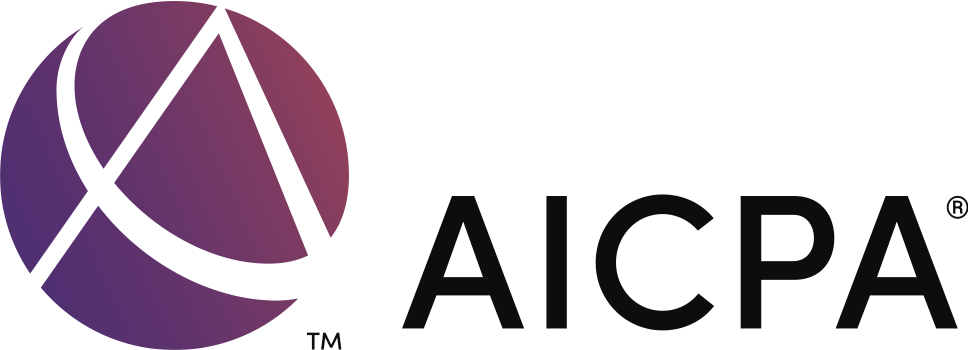AICPA Asks for Additional Penalty Relief for 2018 Taxpayers
The American Institute of CPAs (AICPA) recently wrote to the U.S. Department of the Treasury and the Internal Revenue Service to ask for additional and more extensive penalty relief to taxpayers for the 2018 tax year for underpayments and late payments due to changes resulting from the Tax Cuts and Jobs Act (TCJA).
While expressing the AICPA’s appreciation for the underpayment penalty relief provide in IRS Notice 2019-11, Annette Nellen, CPA, CGMA, Esq. and chair of the AICPA Tax Executive Committee expressed concern about the millions of taxpayers who were unable to accurately calculate their tax liability for 2018 and may have inadvertently under-withheld taxes.
In its letter to the Treasury, the AICPA recommended that:
- Taxpayers receive relief from underpayment penalties if they paid at least 80 percent of the tax due for the current year or they paid 80 percent (100 percent if their adjusted gross income (AGI) exceeds $150,000) of amount of tax shown on their U.S. income tax return for the prior year.
- Taxpayers receive relief from late payment penalties if they make a timely request for an extension of time to file their income tax return and pay at least 80 percent of the taxes owed with the request.
- IRS establish an expedited process to grant individuals’ payment penalty relief for reasonable cause due to the considerable uncertainty surrounding the TCJA.
- IRS identify specific circumstances for which providing automatic relief of penalties for the 2018 taxable year is appropriate, thus relieving taxpayers of the administrative burden of requesting a waiver of penalties.
- IRS provide businesses and tax-exempt organizations relief from underpayment and late payment penalties.
New report reinforces importance of tech competency for finance professionals
A new report released by the AICPA underscores the importance of tech competency. The report stated that a majority of global finance leaders believe that core competencies must change significantly in order to keep up with changing technology. Areas such as data analytics, cyber risk management, and business models will lead the way as workers learn new skills in order to keep up with the level of change.
The report also included the following findings:
- 61 percent of finance professionals expect over 20 percent of finance tasks will be automated in next 3 years.
- Over half (55 percent) have already seen a move toward ‘somewhat’ automated processes.
- Yet hindsight reporting, for instance, still makes up 65 percent of a finance team’s report outputs.
The report studied more than 5,500 finance professionals across 2,000 organizations in 150 countries, and was conducted by the Association of International Certified Professional Accountants (the Association), the global member organization formed by members of the AICPA and the Chartered Institute of Management Accountants (CIMA). The complete report can be downloaded at cgma.org/future-finance-white-paper.
The AICPA offers a library of learning tools and resources designed to help finance professionals develop the skills they need for the future including the following:
- The updated Charted Global Management Accountant (CGMA) Competency Framework, which helps employers and professionals identify needed skills and competencies. The revised framework now includes digital skills along with the core knowledge areas of technical, business, leadership and people skills.
- The CGMA Finance Leadership Program, which is an on-demand program that helps finance professionals develop mastery of technical, business, leadership, and people skills. The program will be updated later in 2019 with digital skillsets added.
- The Go beyond+ disruption learning series, which offers certificate programs in cutting edge technology such as blockchain, data analytics, cybersecurity, artificial intelligence, robotics process automation and more.
- The Human Intelligence Series, which offers a new e-book and library of videos for professionals designed to help finance professionals develop core competencies.
Thanks for reading CPA Practice Advisor!
Subscribe Already registered? Log In
Need more information? Read the FAQs





